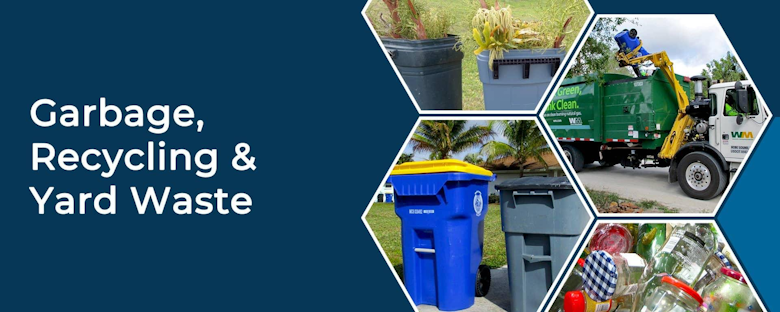
Waste prevention and management
Avoiding waste production means above all acting at the level of prevention. As for waste management, it concerns collection, transport, dumpster rentals, the stages of sorting and pretreatment, recovery, then elimination.
Waste: a management problem that dates back forever
Men have long been able to entrust their waste to nature. What could not be used to feed the animals was buried, burned or used to make fertilizer. In the 19th century, hygiene and public health became a real concern. On November 24, 1883, the prefect of the Seine Eugène Poubelle issued a decree requiring owners to provide their tenants with a container for household waste.
As a result of changing lifestyles and consumption, the quantity and nature of waste have evolved significantly. During the second industrial revolution, the manufacture of synthetic products developed, new sources of energy were used, and means of transport diversified. The population is increasing and concentrating, lifestyles and consumption patterns are changing, and lead to less easily biodegradable waste, with greater quantities produced.
Why worry about waste today
Waste can have impacts on human health and the environment if not properly managed. And the predicted scarcity of certain non-renewable resources makes it essential to:
- consume these resources efficiently, hence the urgency of waste prevention;
- take advantage of waste, through reuse, recycling, then energy recovery.
Waste, due to its variability, its quantity and more protective standards for health and the environment, represents an economic burden for its producers, responsible for its elimination. Waste prevention and recycling solutions can help control these costs. Beyond legislative objectives, waste prevention and management are closely governed by regulations, which define responsibilities and objectives. Florida waste policy is strongly linked to that of the federal regulations.
Many stakeholders involved
Waste prevention and management concerns many private and public actors:
- waste producers: households, communities, administrations, economic players;
- local authorities in charge of the public waste service;
- companies dedicated to waste prevention and management;
- companies producing consumer products, which may be required to contribute to the management of these products under extended producer responsibility (EPR);
- local authorities who are responsible for their planning (adequacy between the deposits, their control and their management capabilities);
- the state of Florida.
Priority to waste creation prevention
The priority for waste producers and communities is to reduce their quantity and their harmfulness.
Management for waste recovery
Waste management, which includes the stages of mobilizing waste once produced (collection, possible transport) and treatment, is organized in a very variable manner. While respecting the hierarchy of treatment methods and the principle of proximity, it must aim for the best recovery of waste, adapted to the context of a territory.